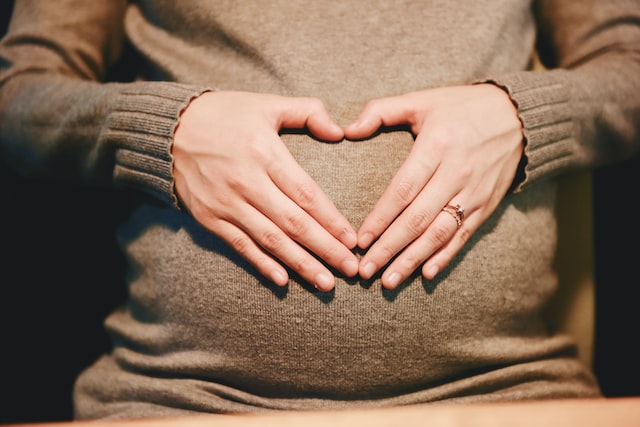Board meetings at HUTH and NLaG yesterday resulted in formal approval to move to a single executive team, led by a Group Chief Executive.
Following meetings of the trust boards of HUTH and NLaG today, we have formally agreed to progress to implementation of a group leadership model for our two trusts. This is aimed at strengthening ongoing work to tackle shared challenges including recruitment and retention of clinical staff, ensuring sustainable services and improving patient environments.
We have undertaken a 21-day period of communication and engagement with key stakeholders prior to taking a finalised ‘case for change’ to today’s board meetings in public today. Many thanks to everyone who provided their feedback. Both boards discussed a paper which set out the responses we received from the engagement as well as the trusts’ response to them. You can read the paper here.
The group executive management model is increasingly being adopted across the NHS and the boards of both our organisations agree that it is the right approach for our two trusts. Both of us face similar challenges around tackling waiting times for patients, recruitment and retention of clinical staff and ensuring our buildings are modern and provide the best facilities. By working more closely together and with one executive team in place, we can more effectively tackle those issues with better, collective decision-making.
We would stress once again that this is not a merger and it is not a cost-saving exercise. There will not be wholesale changes at either trust and most staff will be unaffected by this move. The changes we are implementing are at executive management level and are designed to ensure we work in a more integrated way to improve the future provision of care for our patients. Adopting the group model will speed up our Humber Acute Services improvement journey, and provide better, more sustainable services for our patients and provide more attractive career development opportunities for many of you, our staff.
Now that we have board agreement to progress, the next step for us is to begin the process of appointing a Group Chief Executive. Alongside this both boards made a commitment to continue to speak to and listen to the views of stakeholders, including you as staff members, as we progress the implementation of the group model. As we implement the group structure we want to make sure we reflect on what has happened in the past when the trusts have worked together and that we learn from both trusts about the best way to do things in the future. Please look out for more information about how we plan to do this in the weeks ahead.
Kind regards,
Sean Lyons, Chair
Chris Long, Chief Executive




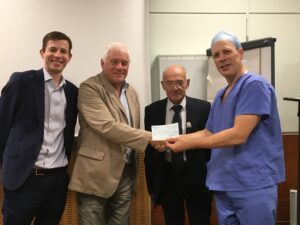
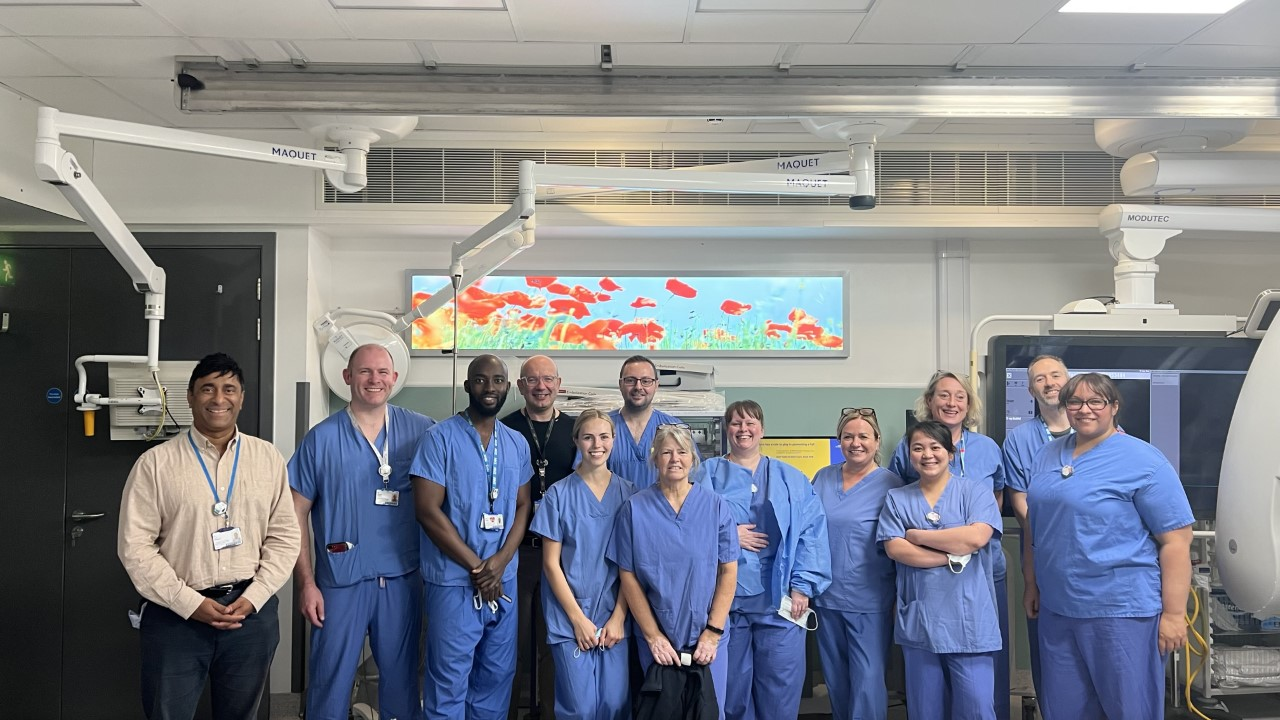
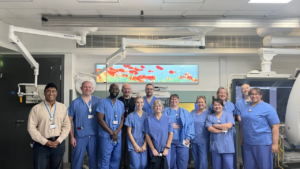 Performed under local anaesthesia or sedation, the Interventional Radiology team gains access to the blocked artery in the brain via a small puncture made in an artery in the groin or arm. Various devices known as guide wires, catheters, stent retrievers and suction devices are used to remove the blood clot and restore blood flow to the affected part of the brain thus enabling patients to recover mobility, speech and other faculties damaged by an acute ischaemic stroke.
Performed under local anaesthesia or sedation, the Interventional Radiology team gains access to the blocked artery in the brain via a small puncture made in an artery in the groin or arm. Various devices known as guide wires, catheters, stent retrievers and suction devices are used to remove the blood clot and restore blood flow to the affected part of the brain thus enabling patients to recover mobility, speech and other faculties damaged by an acute ischaemic stroke.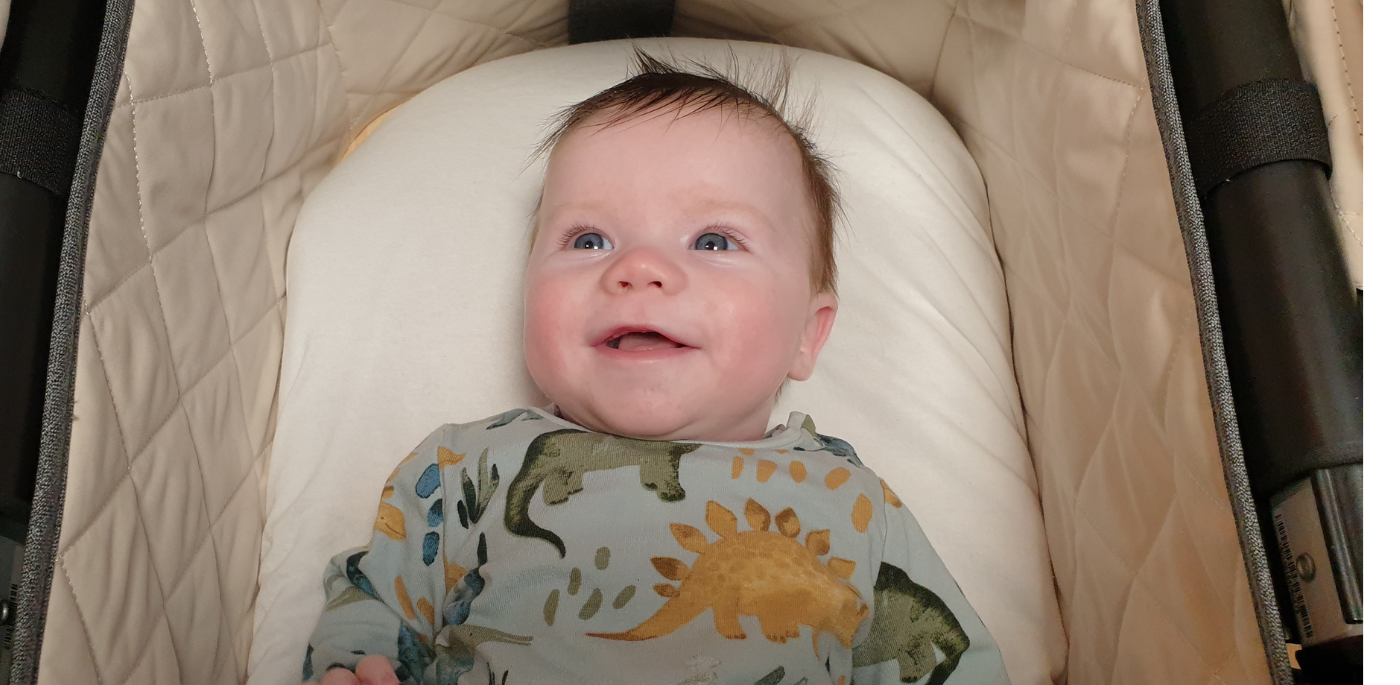


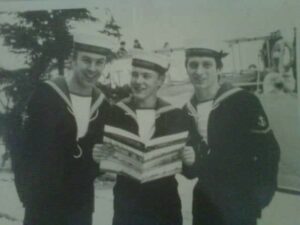
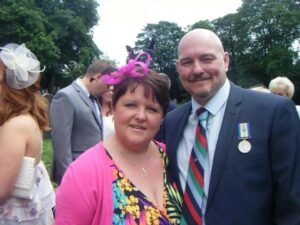
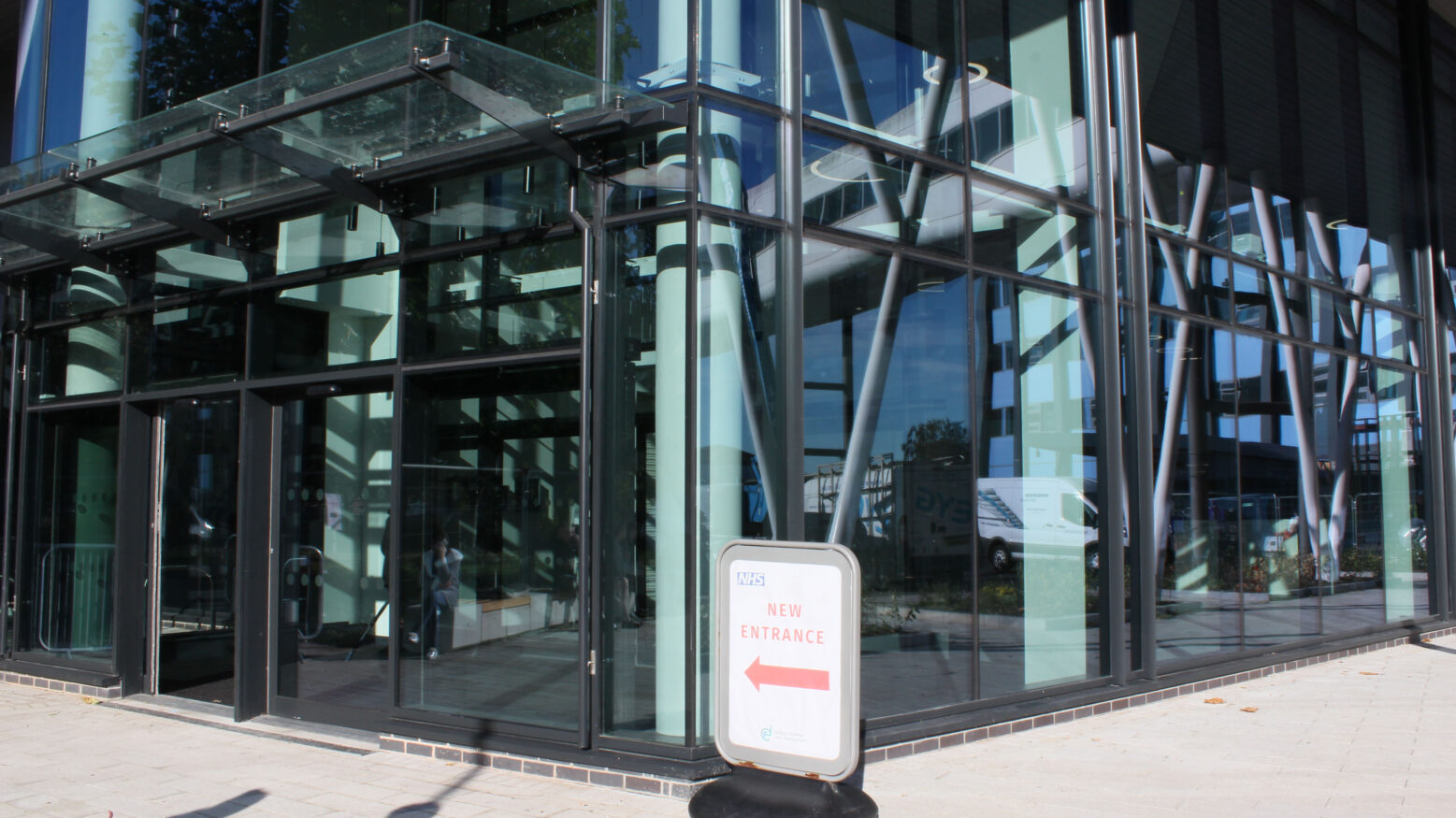
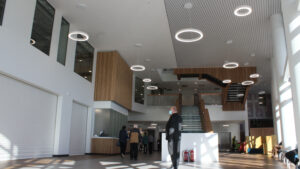
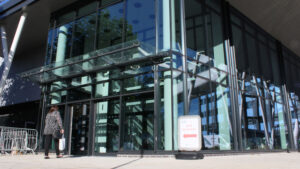 It’s part of a £60m major capital development project undertaken at Hull Royal Infirmary since the start of the pandemic.
It’s part of a £60m major capital development project undertaken at Hull Royal Infirmary since the start of the pandemic.